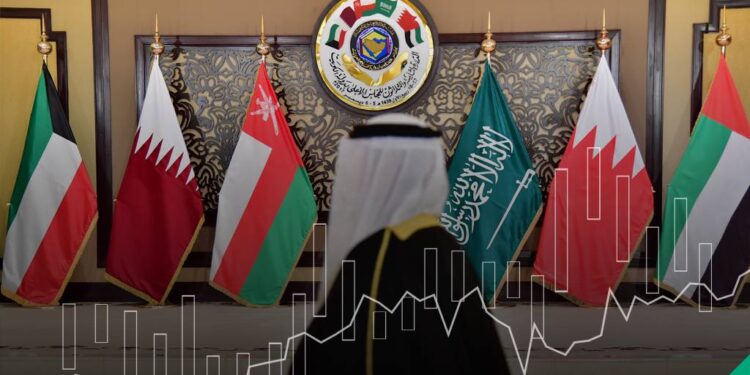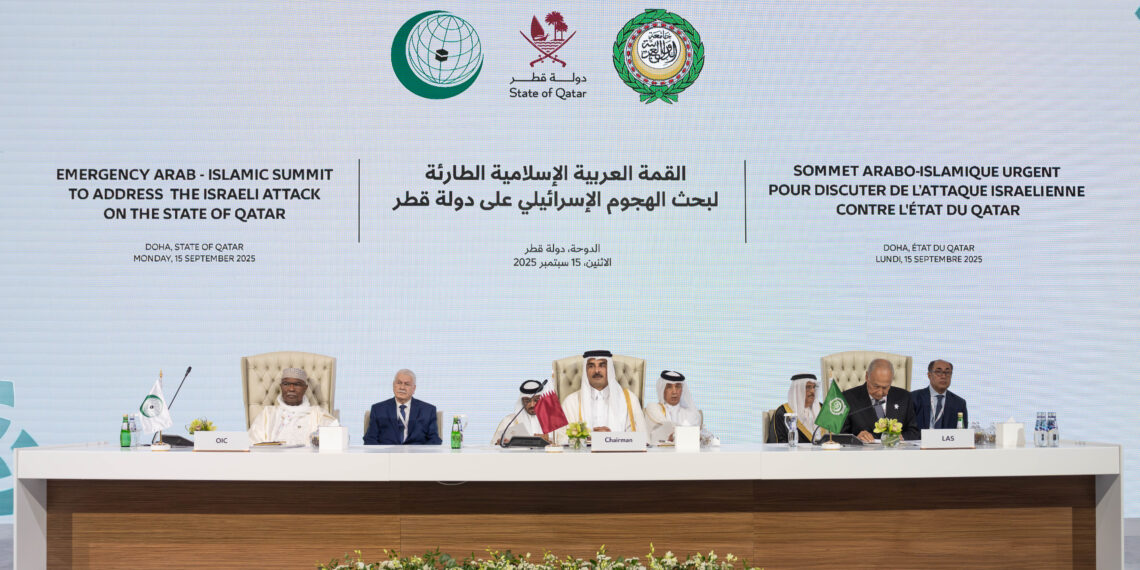Official data released by the GCC-Stat showed that the GCC economies recorded annual growth of 1.5% in the fourth quarter of 2024, bringing the gross domestic product (GDP) for this quarter to approximately $587.8 billion, compared to $579 billion in the same period in 2023. This growth reflects the continued regional trend toward diversifying sources of income and reducing dependence on the oil sector.
According to the report, non-oil sectors contributed 77.9% of GDP, while the oil sector contributed 22.1%. The contributions of non-oil sectors were distributed as follows: manufacturing at 12.5%, wholesale and retail trade at 9.9%, construction at 8.3%, and public administration and defense at 7.5%. The finance and insurance sectors contributed 7%, real estate 5.7%, and other activities combined accounted for 27%.
This economic transformation is linked to the implementation of national reform plans in the GCC countries, most notably Qatar National Vision 2030, Saudi Vision 2030, UAE Economic Vision 2030, and Oman Vision 2040. These initiatives aim to develop the tourism, logistics, technology, and financial services sectors, in addition to strengthening the role of the private sector and increasing foreign direct investment.
In terms of real GDP, adjusted for inflation, the GCC economy grew by 2.4% in the fourth quarter of 2024, supported by a 3.7% growth in non-oil output, while oil output contracted by 0.9% due to a voluntary production cut under the OPEC+ agreement. Qatar recorded the highest real GDP growth rate among GCC countries, at 4.5%, followed by the UAE at 3.6%, and Saudi Arabia at 2.8%. The region also maintained relative price stability, with average inflation during the last quarter at 2.1%. The lowest inflation rates were recorded in Qatar (1.1%) and Oman (1.5%), while Bahrain had the highest at 3.3%.
In the context of future expectations, the Institute of Chartered Accountants in England and Wales, in collaboration with Oxford Economics, raised its forecast for Gulf economic growth in 2025 to 4.4%, compared to a previous estimate of 4%. This increase is attributed to improved oil production and continued strong activity in non-oil sectors. For its part, the International Monetary Fund expects the GCC economy to grow by 3% in 2025, supported by ongoing infrastructure investments and economic reforms.







